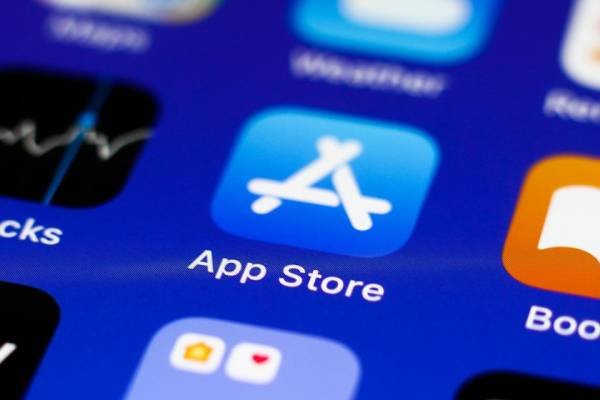
Apple will not have to implement changes to its App Store guidelines
Apple won’t have to change its installment framework to consider outsider application installments until the requests cycle for the Epic claim closes.
Apple won’t need to carry out changes to its in-application buy framework and App Store rules as requested by the adjudicator’s decision in its court fight with Epic Games. While Apple generally won that case, as the court controlled, Apple was not going about as a monopolist — the organization had been requested to prevent keeping application designers from adding joins that sharp clients to different method for paying for their in-application buys outside the App Store. Both Apple and Epic pursued the first decision — Epic since it was not fruitful with its bigger cases, and Apple since it contradicted this part of the decision over in-application buys. Apple initially had until December 9 to refresh its App Store strategies, however had asked the court for a stay on the order in regards to the progressions to its in-application buying rules until the allure was chosen.
Apple doesn’t have to enable application engineers to add connects to outer installment choices—or not yet, in any event.
The requests court has now allowed Apple additional time before the order becomes real. That implies engineers should keep on utilizing the current in-application buy framework Apple gives. They will not be permitted to connection to or steer clients to their own sites for installments from inside their applications.
Apple today was allowed a deferral for when it should be agreeable with the App Store transforms, one day before the first Dec. 9 cutoff time and only weeks after judge Yvonne Gonzalez Rogers denied Apple’s underlying solicitation to hinder the necessity.
In a record documented today in the U.S. Court of Appels for the Ninth Circuit (see underneath), the court concluded Apple had illustrated “at least, that its allure brings up difficult issues on the benefits of the locale court’s assurance that Epic Games Inc. neglected to show Apple’s direct abused any antitrust laws however showed that a similar lead disregarded California’s Unfair Competition Law.”
The request permitting designers to utilize outside installment frameworks originated from an unpleasant quarrel among Apple and gaming goliath Epic Games. In August 2020, Apple eliminated Fortnite, one of the world’s most well known games, from the App Store after Epic Games added an immediate installment choice that evaded the App Store’s in-application installment framework and its 30% bonus to Apple.
The court also decided that Apple has made a “adequate appearance of hopeless damage,” thus it conceded Apple’s movement to remain part of the long-lasting order.
Gonzalez Rogers managed against Epic, viewing the organization as in break of its designer arrangement and presuming that Apple wasn’t making an unjustifiable restraining infrastructure in the application space. Apple didn’t leave sound, however—the organization was viewed as disregarding California’s Unfair Competition Law. Subsequently, a super durable directive was given, compelling the tech monster to eliminate any hindrances keeping designers from utilizing “buttons or outer connections” to guide clients to elective installment techniques outside of the App Store.
The stay will stay essentially until the requests case is heard, the recording said.
With the allure endorsed by the U.S. Court of Appeals for the Ninth Circuit, Apple could hold on to make changes to its installment framework until requests for the situation are done, a cycle that could take over a year. In that time, Apple will without a doubt do whatever conceivable to drop the request by and large. The stay, it’s actually significant, doesn’t stretch out to the second piece of the order, which expects Apple to permit “speaking with clients through resources acquired willfully from clients through account enrollment inside the application.”
Apple had attempted before to push for its situation for a stay and the court denied the movement. Its most recent endeavor was conceded, after it changed strategies, contending, in addition to other things, that it would need to concoct an entirely different framework to commission buys that occurred outside the App Store.
“Apple has illustrated, at least, that its allure brings up significant issues on the benefits of the area court’s assurance that Epic Games, Inc. neglected to show Apple’s direct disregarded any antitrust laws yet showed that a similar lead abused California’s Unfair Competition Law,” the choice read.
“Our anxiety is that these progressions would have made new protection and security chances and upset the client experience clients love about the App Store,” the organization said.
Mia is a literature author. Mia was not interested in becoming a writer when she was a child, a fact which she himself admits that separates her from fellow writers she has met. As a young adult, Mia did not know what she wanted to be. she remembered, however, how in high school, she had been a class clown, and that made her decide to become a books writer. Later on, she moves toward the writing news articles. In recent she writes her news on Stock Invests.
Disclaimer: The views, suggestions, and opinions expressed here are the sole responsibility of the experts. No STOCK INVESTS journalist was involved in the writing and production of this article.





